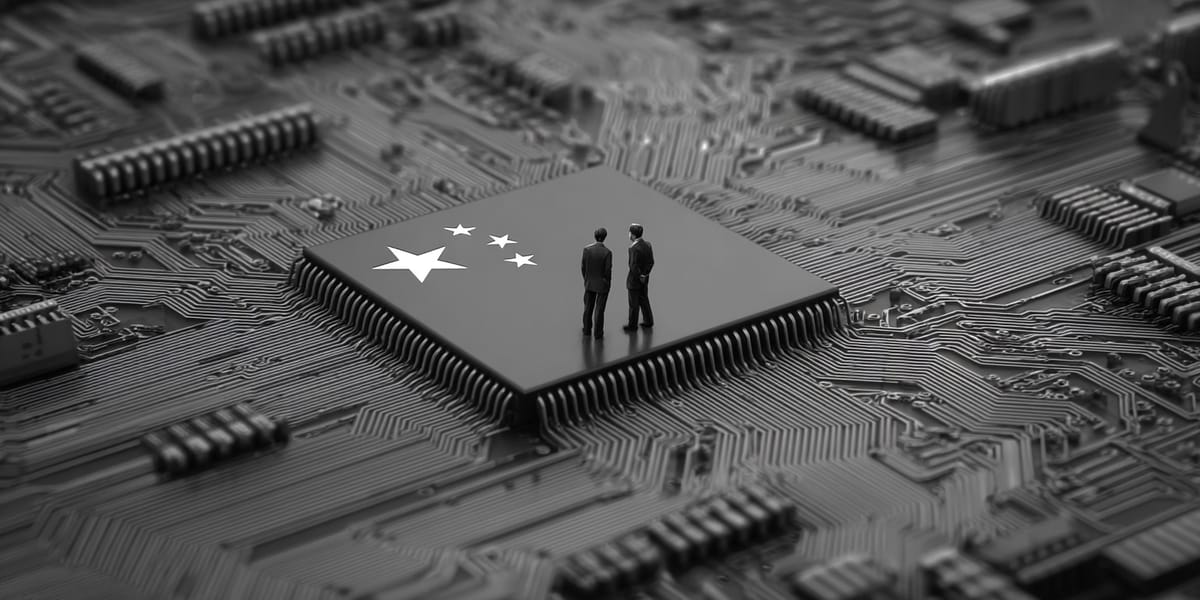China Blocks Chip Exports After Netherlands Seizes Control of Nexperia

The Netherlands invoked emergency powers to seize control of chipmaker Nexperia on September 30, 2025. According to NL Times, the Dutch government used the rarely applied Goods Availability Act to remove CEO Zhang Xuezheng and restrict company decisions. The Amsterdam Court of Appeal suspended Zhang after finding governance failures at the Nijmegen-based semiconductor manufacturer.
China responded on October 4 by banning Nexperia's Chinese operations from exporting finished components and assemblies. The Ministry of Commerce prohibited shipments from the company's Dongguan factory, which produces over 50 billion chips annually. Nexperia manufactures transistors, diodes, and other semiconductors used in automotive control systems, consumer electronics, and industrial equipment.
The Dutch intervention followed concerns about technology transfer to Nexperia's parent company, Chinese-owned Wingtech Technology. Court documents revealed Zhang attempted to force Nexperia to purchase $200 million in wafers from his Shanghai firm. The company only required $70 million to $80 million worth of materials.
Immediate Threat to European Production
The export ban threatens European vehicle manufacturing with potential production stoppages. ACEA, the European Automobile Manufacturers' Association, warned on October 16 that suppliers cannot build components without these chips. Director General Sigrid de Vries stated automakers face an alarming situation requiring quick solutions from all involved countries.
Nexperia supplies semiconductors for electronic control units in vehicles from BMW, Mercedes-Benz, Volkswagen, Toyota, and Stellantis. The Register reports the company holds approximately 40 percent market share in basic transistors and diodes. While automakers have diversified suppliers since previous shortages, qualifying new sources takes time.
The automotive sector employs 13.6 million people across Europe. Production delays could affect the entire supply chain, from component suppliers to final assembly plants. ACEA noted that despite diversification efforts, risk cannot be reduced to zero for cross-industry supply dependencies.
Escalation in Technology Competition
The Nexperia dispute reflects broader tensions between Western nations and China over semiconductor technology. Al Jazeera reports the United States Bureau of Industry and Security extended export controls to entities at least 50 percent owned by blacklisted companies in September 2025. Wingtech was added to the US Entity List in December 2024.
The semiconductor sector has become a battleground for technological dominance. Western governments seek to protect critical supply chains while China pursues self-sufficiency in chip production. The Netherlands joins the United Kingdom, which previously ordered Nexperia to divest its Newport Wafer Fab over security concerns in 2022.
China's retaliatory export ban demonstrates its leverage in mature semiconductor nodes. These chips use older manufacturing processes but remain essential for automotive applications. European dependence on Asian suppliers creates vulnerability to geopolitical disputes, despite recent investments in domestic chip production through the EU Chips Act.
The standoff could reshape global semiconductor supply chains. Automakers may accelerate efforts to source chips from multiple geographic regions. However, qualifying new suppliers requires extensive testing to meet automotive safety standards. Short-term disruptions appear unavoidable as companies navigate competing national security requirements.
Further Reading
For deeper insights into how trade tensions affect global technology supply chains, our Alternative Financial Systems Index tracks regulatory frameworks and economic policies across 50 countries. The index examines how nations balance technological sovereignty with international commerce.




